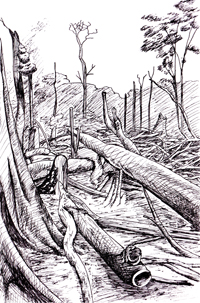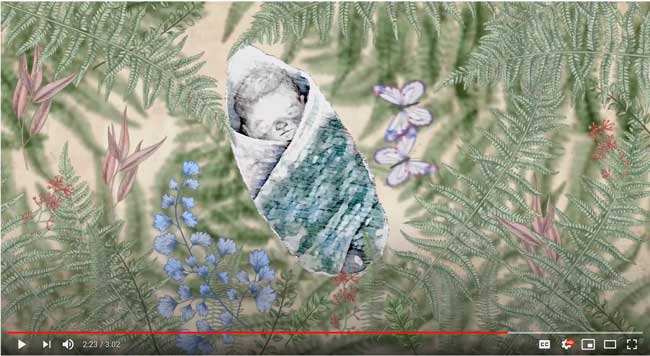
“We can do things differently to reinvent growth without pollution. But only if we have the courage to think differently.” – Sunita Narain in Down To Earth >>
In Rayagada in Odisha, Kondh parents distinguish between dangar patha (mountain learning) and kagaj patha (paper learning). Asked which they prefer, many parents answer ‘both’. This expresses a need deeply felt by Adivasis: literacy, with fluency in the regional language or English, is important; but so is respect for native languages and knowledge systems linked to the land and forest.
Source: Felix Padel & Malvika Gupta in “Are mega residential schools wiping out India’s Adivasi culture?”, The Hindu (13 February 2021)
URL: https://www.thehindu.com/society/children-from-tribal-communities-are-being-corralled-into-mass-schools-that-are-wiping-out-cultures/article33818793.ece
Date visited: 2 March 2021
“I would like to direct attention to the general approach when we encounter the ‘other’ – the question of our protocol, etiquette and attitude. In our eagerness to know we probably show a disregard to these civilities. We try to buy friendship for building up rapport; we try to intrude into others’ territory without being invited and carry presents that we perceive would be appreciated to assert our friendliness.” – Anthropologist R.K. Bhattacharya in “The Holistic Approach to Anthropology” >>

Watch “The Good Ancestor – The Legacies We Leave” (3 min.): An animation that explores the legacies we might leave for future generations >>
Links to some of the most important organisations, thinkers and doers that are leading the way and that have inspired the book The Good Ancestor by Roman Krznaric >>
Related posts
Tip: click on any red marker for details on endangered languages in a particular region of India.
Please note: the facts and figures cited (via hyperlinks) links call for updates and fact checking >>
Cultural invisibility – India’s 600 potentially endangered languages | Linguistic Survey of India (official website) >>